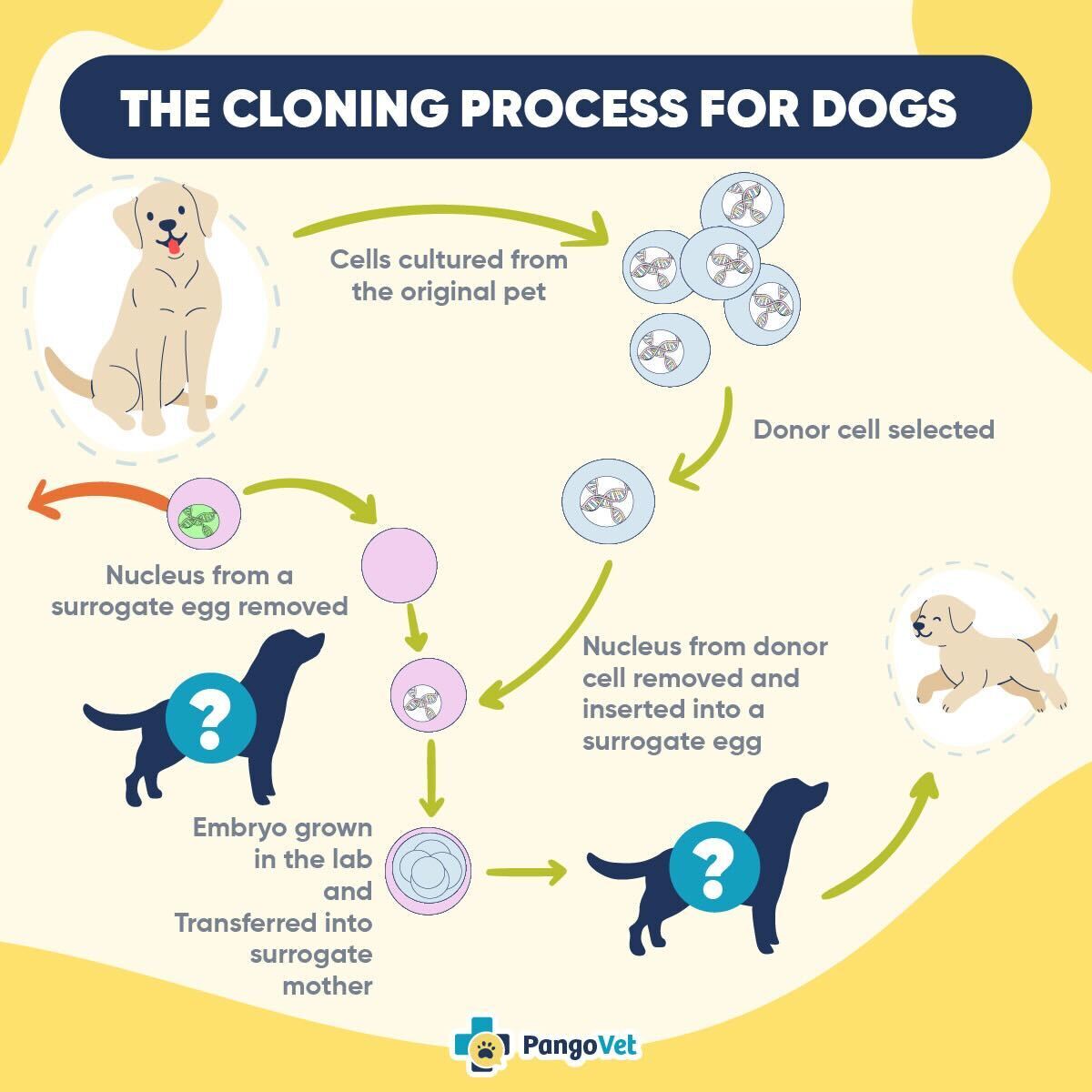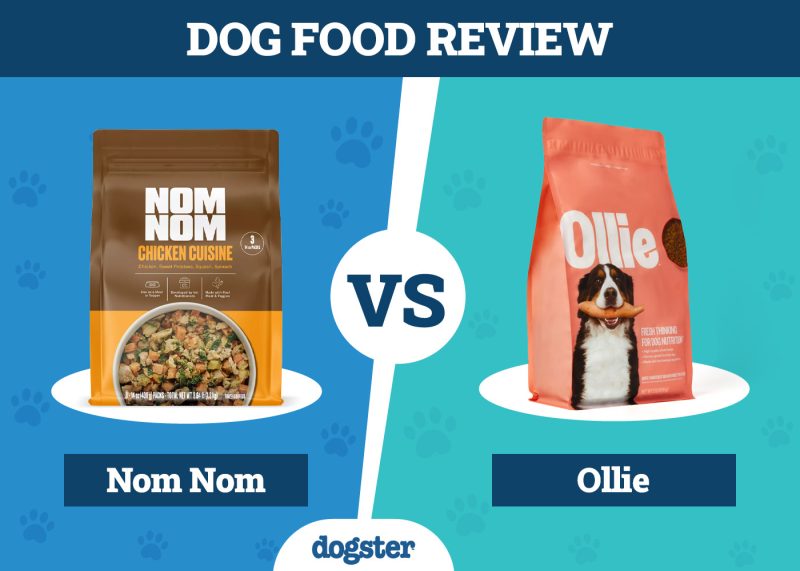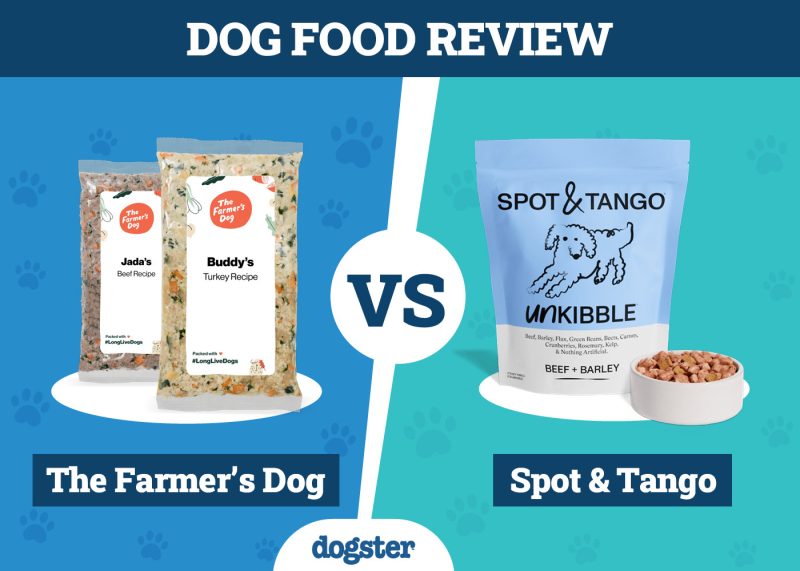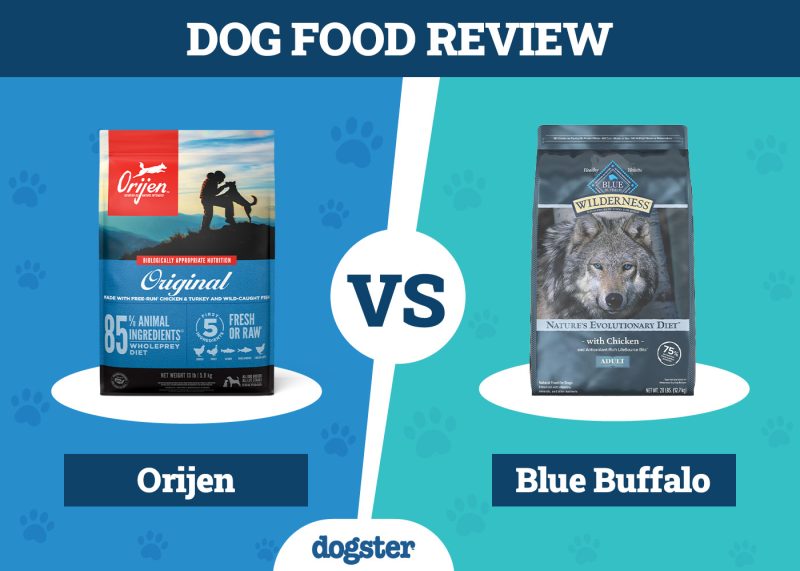In a time of ever-changing technological advancements – some welcome, some not so welcome – we shouldn’t be too surprised that we now have the option to clone our pets. After all, it’s been almost three decades since the creation of Dolly, the world’s first cloned sheep, sent shockwaves through the world’s scientific community, creating all sorts of ethical and theological dilemmas.
Now in 2025, the concept of having your beloved pet with you for longer than the average 12-16 years has become a reality, and there are already many grateful pet owners enjoying a second chance with a genetic copy of their favorite cat or dog.
As you can probably imagine, the price tag of cloning a pet is pretty steep. At around $50,000, these are some pricey cats and dogs, although only around 20% of clients proceed to the step of cloning after paying the initial fee of $1750 to preserve and store their pet’s genetic material. What concerns us is the real cost of pet cloning, and that is the lives and welfare of the cats and dogs behind the scenes.
When you take a look at the information and diagrams that appear on these cloning websites, you might notice that there is a brief mention of the egg into which the cloned animal’s genetic material is inserted, and then there is the surrogate mother that carries the puppy to term. Who are these dogs? Where do they come from, and what do they need to go through to create these cloned pets?

What Happens Behind the Scenes?
We spent hours scouring the different pet cloning websites, searching through FAQ sections, but there is little or no mention of how the surrogate dogs are sourced, how they live, how many times they are used, or what happens when they are no longer needed.
So we sat down with Lauren Aston from Viagen, one of the leading pet cloning companies based in the US, to get some answers.
“ViaGen Pets works with multiple dog and cat breeders to provide our services to clients,” says Lauren. Surrogates are used to produce a single litter, before being rehomed. “We work with an adoption agency to provide safe and loving homes for the surrogate moms.” This would no doubt be a worthwhile venture for breeders to offload dogs that are not suitable for breeding or showing, without the headache of finding new owners themselves.
As with all in vitro fertilization procedures, multiple embryos are transferred into the surrogate. Being a litter-bearing species, pregnancy often progresses more normally if there is more than one fetus, but the ultimate aim is to have at least one viable puppy. Natural deliveries are preferred, being safer for both mom and puppies, but they are equipped to perform cesareans should the need arise.
Some clients would like to have more than one copy of their pet, or they may have more than one dog they would like cloned. But what happens if multiple embryos survive to birth, but the client only wants one?
“If a client did not want an extra puppy, then we would help them adopt the puppy out,” Lauren says.
Given that the first 6-8 weeks of a puppy’s life have a huge impact on their temperament and behavior, we couldn’t help but wonder what those weeks would be like for a puppy that is essentially growing up in a laboratory. According to Lauren, Viagen has“a puppy playhouse where they are socialized with a variety of textures, sounds and materials,” which sounds lovely and sterile.

So here’s the truth about pet cloning:
- Your dog’s clone may look identical to the original, but due to some maternal influences that occur in utero, they might look slightly different.
- Your dog’s clone may behave in a similar way to the original and have similar mannerisms and temperament, but they are not the same dog, and their personality will depend very much on their individual experiences and early socialization.
- Your dog’s clone requires one dog to donate her eggs (ova). This procedure requires a general anesthetic to retrieve the eggs from the oviduct.
- Your dog’s clone needs a second dog to be a surrogate mother after the embryos are inserted into her uterus.
We are living in exciting times, and if you can afford it, the idea of cloning your best friend (of the canine variety; human cloning is still very much illegal!) is certainly tempting. Just make sure you know exactly what to expect, and be aware of the real cost of pet cloning, and we’re talking about more than just the $50K price tag.
Featured Image Credit: Olga Kalimulina, Shutterstock
Did You Know?
- Our breaking news articles are included in our weekly emails. Don’t miss out on the latest and sign up for our newsletter below!

























